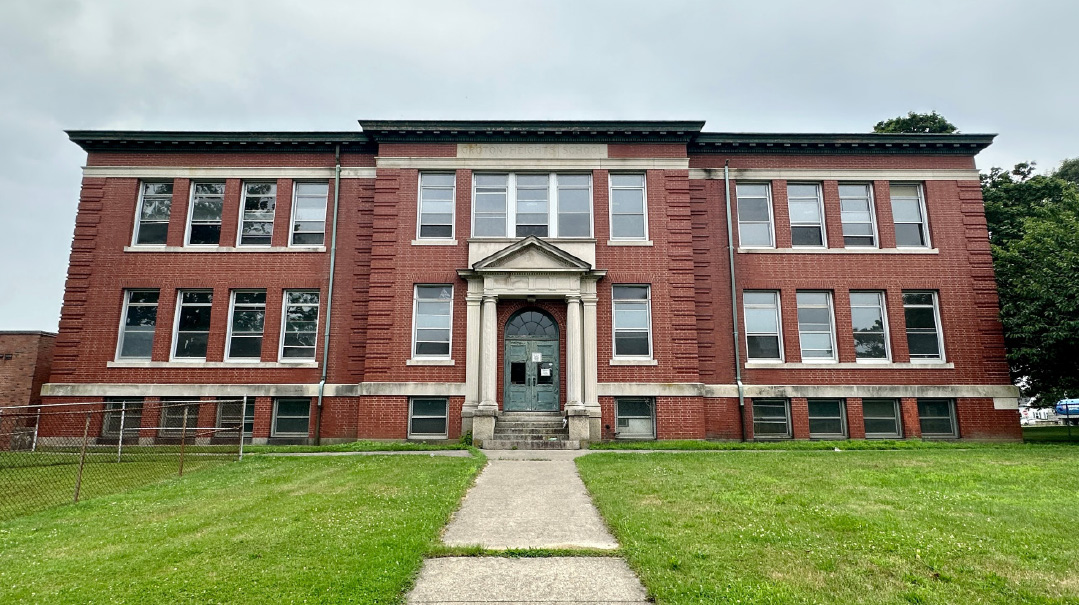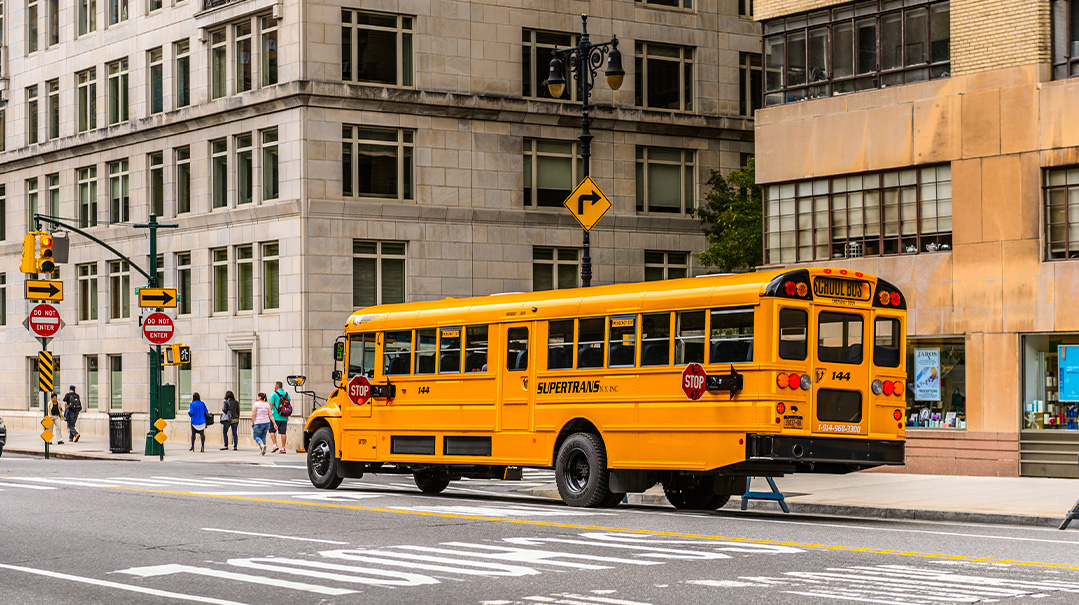No Free Lunches in Lakewood
| July 4, 2023“We believe that the precedent we set will open up many opportunities for the frum community”

G
iven that the Garden State is deep blue, with Democrats holding solid majorities in both chambers of the legislature as well as occupying the governor’s mansion at Drumthwacket, frum advocates have had to leverage the holiest of progressive values — equality — to benefit the fast-growing community.
If a program is made available to the public school students, askanim have argued, their yeshivah counterparts should get the same. That was the point Agudah’s Rabbi Avi Schnall tried to get across to legislators when they introduced a universal free lunch program for public school students.
The bill would have removed the current income eligibility limits and allowed all students to partake in the government program, thus ensuring all students have access to healthy, nourishing meals during the school day, while removing the stigma of partaking in those meals. (Currently, only families under a certain income threshold qualify.)
Yet buried deep in the fine print was a provision limiting the state’s largesse only to public school students. Rabbi Schnall, together with political whiz and Agudah’s New Jersey associate director Shlomo Schorr, worked the floor in Trenton to garner support for an amendment to make the bill more inclusive — by allowing the state’s non-public school students to benefit as well.
“The arguments we advanced, focusing on equality, coupled with the recognition that we represent the fastest-growing constituency in the state — from Lakewood to Linden — worked in our favor,” said Shlomo Schorr as negotiations got underway.
Their gambit paid off, and Bill A-5773, “as amended,” to offer the prospect of free lunches to thousands of yeshivah students across the state, sailed through the committee hearings. Initial reports of the bill’s success had parents elated, but the excitement was short lived. The $500 million price tag attached to the bill was too much for Governor Phil Murphy — a Democrat with 2028 presidential ambitions — and he threatened to veto it.
A last-minute scramble by legislators resulted in a compromise: the eligibility limit would be raised, rather than eliminated. More students would be allowed to partake, but there would still be a limit. Thus, the final version of the bill was a reduced-fat, sodium-free, diet version of the original.
But the key point that frum advocates hoped to get across — that for the sake of equality, the nonpublic school students must be included as well — remained intact.
After an intense season of negotiation, the budget was signed late on Friday — right before lawmakers left for their July 4th celebrations. Rabbis Schnall and Schorr, who had both been in the state capitol lobbying legislators and staff for the benefit of the frum community up until the final bell, made it back to their Lakewood homes only shortly before Shabbos, for the most part satisfied with the budget.
Though it doesn’t look like there will be any such thing as a free lunch after all (at least not this year), the increased eligibility for the lunch program — and more importantly, ensuring that any new legislation must be inclusive — was, for the Agudah duo, a real victory that will hopefully create a new paradigm.
“We established a principle that our children are equal to public school students,” Rabbi Schnall told Mishpacha, “and even though we didn’t get the specific outcome that the original bill would have given us, we believe that the precedent we set will open up many opportunities for the frum community.”
(Originally featured in Mishpacha, Issue 968)
Oops! We could not locate your form.







